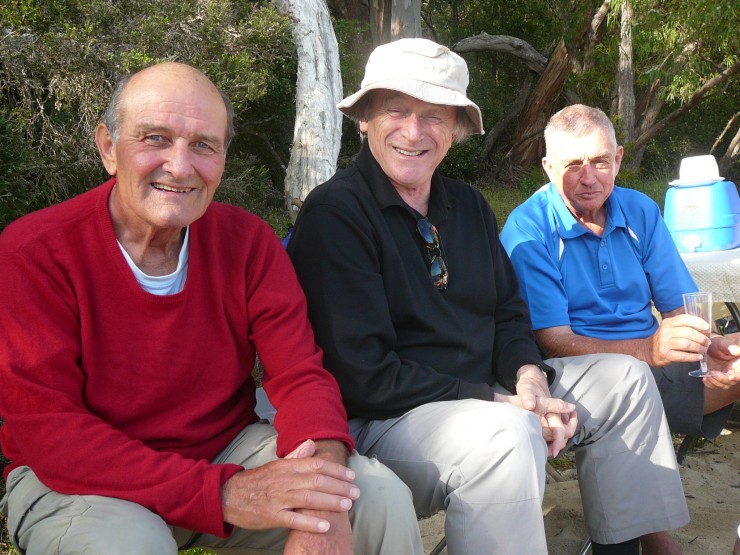Does exercise benefit the brain?

Does exercise benefit the brain?
Posted on
Everyone knows that exercise is good for you. It improves cardiovascular function which in turn reduces the risk of heart disease and stroke. The message from science is clear, that the body was made to move so you gotta move it or loose it.
But for most people as they age, the real question is not how can I live longer, but how can I remain mentally alert as I age. Due to advances in medicine, we have had a generation of baby boomers who have seen their parents bodies outlive their mental capacities. One in 10 Australians over 65 have dementia and this increases to three in 10 once we hit 80!
Many baby boomers will have also felt the responsibility of looking after their parents for years, sometimes decades, long after mum and dad have forgotten their name and they don’t want to that to happen to them or their kids.
So what to do? Does exercise benefit the brain?
There have been numerous studies done all over the world looking at this question and the answer is clear. Exercising regularly can cut your lifetime risk of general dementia by 50%! Alzheimer’s? The effect is even greater with reduced risk of 60%.
The key to getting the most benefits seems to aerobic exercise (which we have talked about before with regards to exercise intensity). You don’t need to do a lot. Research suggests that you can reduce the risk of stroke, the leading cause of mental disability, by up to 57% with just a 20 minute walk each day.
You have to get the heart beating faster and be a little short on breath though. Walking the chocolate isle of Coles for 20 minutes is not enough!
Does exercise benefit the brain for younger people?
Less has been written about the cognitive benefits of exercise for younger people, however one study of 10,000 British civil servants aged between 35-55 drew a strong association.
Low levels of activity were associated with poor cognitive performance particularly in problem solving skills.
There is also much anecdotal evidence to suggest a similar association with children. Links have been drawn to reductions in depression, anxiety and self-esteem.
The answer seems to be a resounding yes.
The message…
The message from science is that the best way to improve your chances of staying mentally alert into your twilight years, is to exercise regularly. At least 20 minutes of heightened activity per day.
Get the heart beating faster and get a little short on breath… and you know you are doing it right.
Happy walking everyone.




